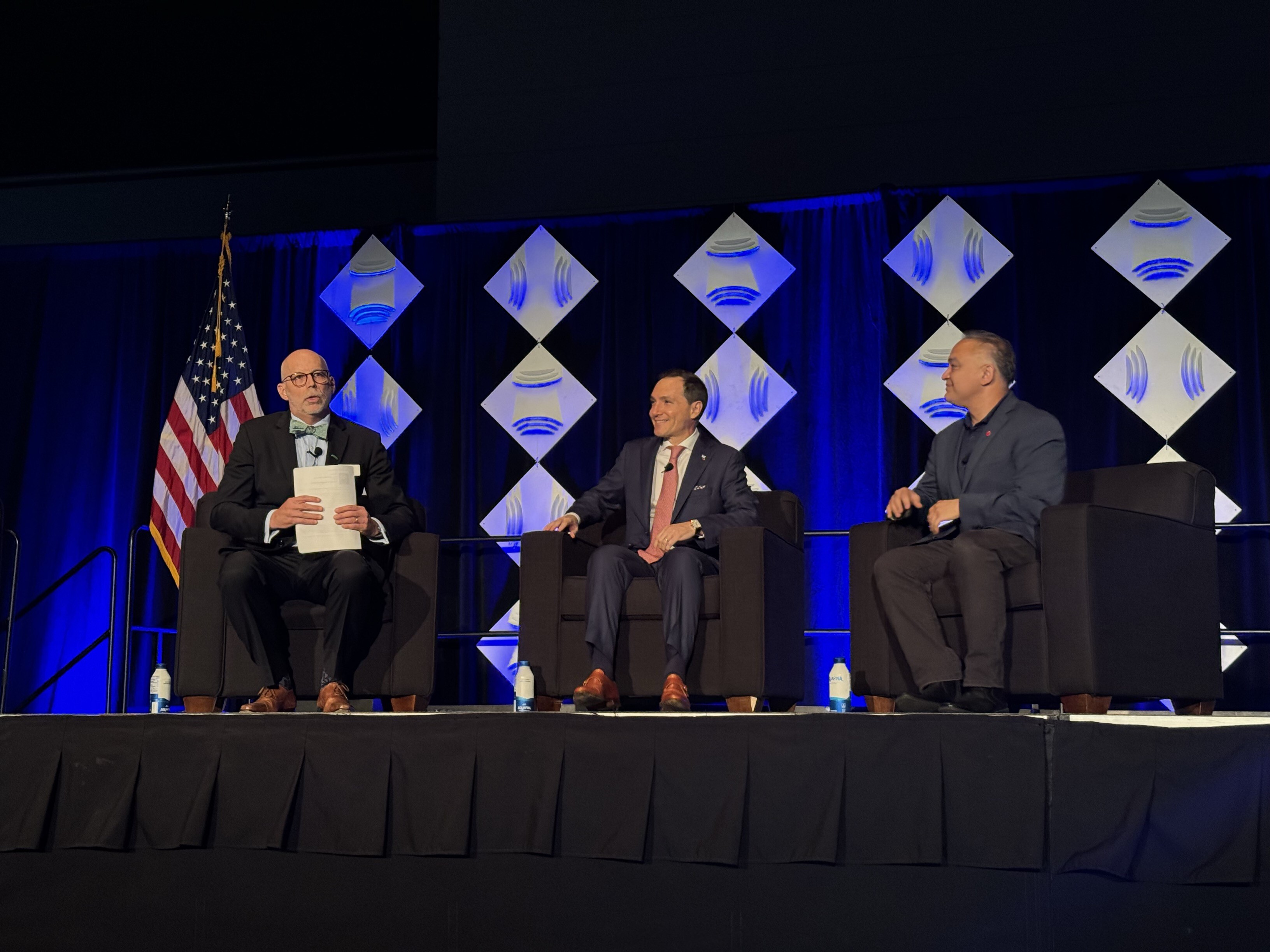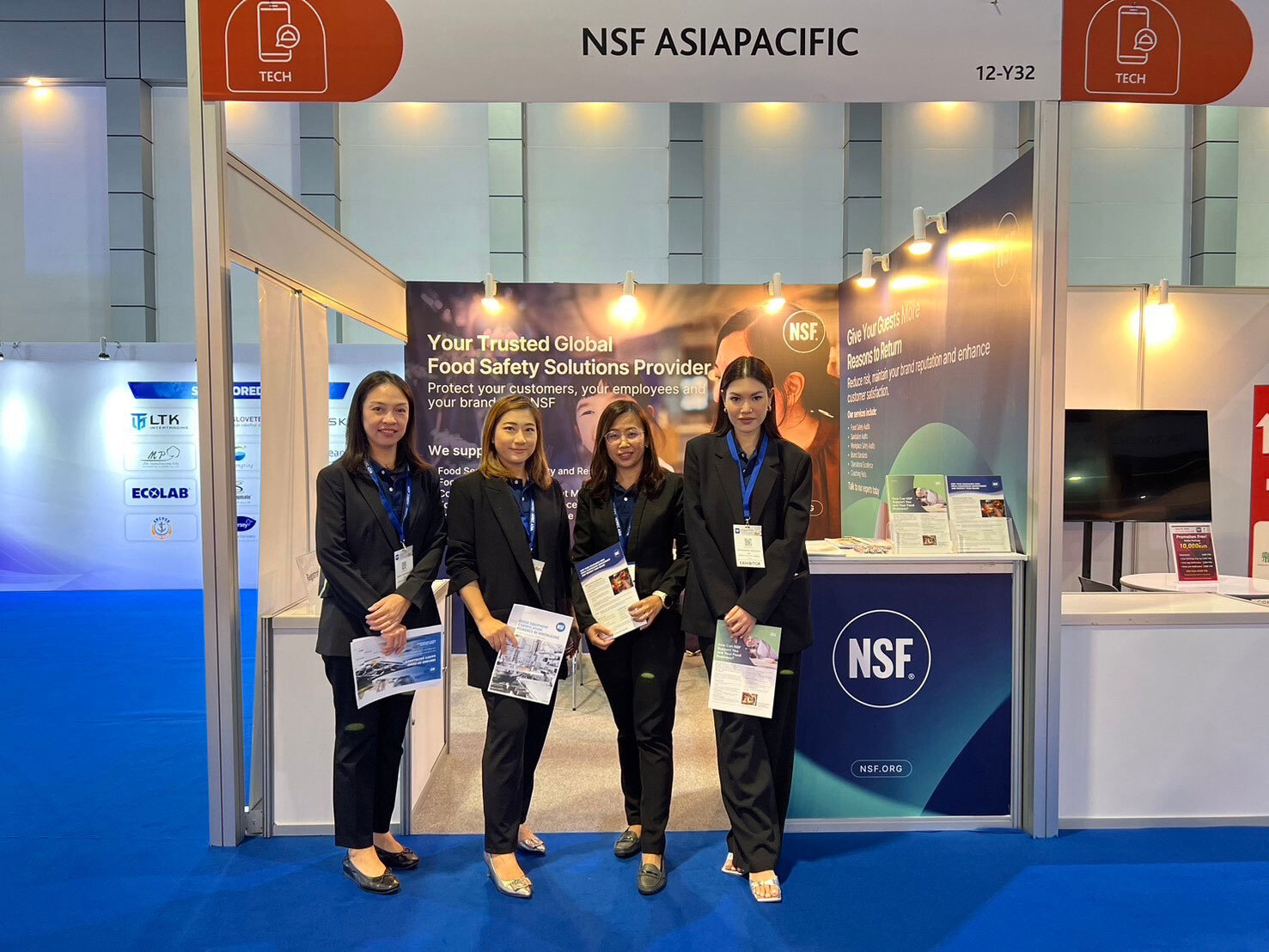NSF Renews Partnership With EPA to Minimize Decentralized Wastewater System Risks
ANN ARBOR, Mich. – NSF, a global public health and safety organization, signed a memorandum of understanding (MOU) with the United States Environmental Protection Agency (EPA) and 18 other organizations to help protect the nation’s public health and water resources. The MOU helps homeowners, building owners and regulatory officials improve the management of decentralized wastewater systems. It adds three years to a collaborative partnership that was first signed by NSF in 2014.
According to the 2015 U.S. Census Bureau’s American Housing Survey, approximately one in five homes are served by individual decentralized or onsite wastewater systems, commonly known as septic systems. If not properly maintained, they can adversely affect aquifers, drinking water wells, rivers and lakes. According to the EPA, approximately half of existing decentralized systems are more than 30 years old and may malfunction at any given time, which poses a significant environmental and public health challenge.
The 2017 Decentralized Wastewater Management MOU renews the EPA and signatory organizations’ commitment to promote public awareness, provide training and certification, and support education related to maintenance of decentralized or onsite wastewater systems. These resources are provided to state and local governments as well as decentralized wastewater system inspectors, service professionals and operators.
“NSF developed the first national standards for onsite wastewater treatment over 40 years ago, and along with its performance certification programs, continues its partnership with the EPA to raise awareness about this critical sanitation issue,” said Sharon Steiner, Program Manager of Water and Wastewater Systems at NSF. “In collaboration with the EPA and the other participating organizations, NSF will educate the industry and local governments about the role of septic systems and the health implications that may result if systems are not properly maintained.”
Sharon Steiner, Program Manager of Water and Wastewater Systems at NSF, signs a memorandum of understanding with the U.S. EPA and 18 other organizations to help protect the nation’s public health and water resources.
NSF recommends having a decentralized or septic system evaluated and certified by a service professional every three years. NSF tests and certifies onsite septic systems and provides inspector accreditation.
For more information on the NSF’s septic system services, please visit the onsite wastewater page. For more information on the EPA’s Decentralized Wastewater MOU Partnership and septic system resources, please visit the EPA website at https://www.epa.gov/septic.
Editor’s Note: For media interviews, please contact Thomas Frey, APR, at media@nsf.org or +1 (734) 214-6242.
NSF (nsf.org) is a global independent not-for-profit organization that develops standards, and tests and certifies products for the water, food, health sciences and consumer goods industries to minimize adverse health effects and protect the environment. Founded in 1944, NSF is committed to protecting human health and safety worldwide. With locations in more than 30 countries, NSF is a Pan American Health Organization/World Health Organization (WHO) Collaborating Center on Food Safety, Water Quality and Indoor Environment.
NSF provides risk assessment, testing, inspection and certification services for the water industry from source to tap. NSF led the development of the American National Standards for all materials and products that treat or come in contact with drinking water to help protect public health and the environment and minimize adverse health effects. In 1990, the U.S. EPA replaced its own drinking water product advisory program with these NSF standards.
Share this Article
How NSF Can Help You
Get in touch to find out how we can help you and your business thrive.

What’s New with NSF

NSF Shanghai Named Critical Site for NSF/ANSI 455 and NSF/ANSI 173 by ANSI National Accreditation Board
July 26, 2024
NSF Takes Center Stage at NEHA Annual Education Conference
July 25, 2024
NSF Asia Pacific Showcases Hospitality Solutions at THAIFEX HOREC Asia 2024 in Bangkok, Thailand
July 4, 2024